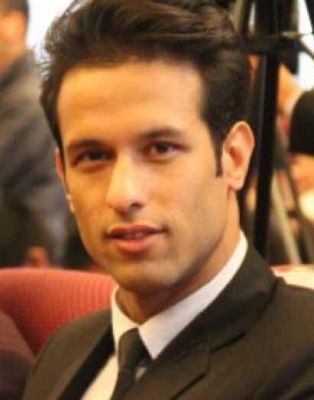While the fighting continues in Ukraine, Moscow will seek to avoid getting drawn into guaranteeing security on the long border between Afghanistan and Tajikistan.
Temur Umarov
{
"authors": [],
"type": "pressRelease",
"centerAffiliationAll": "dc",
"centers": [
"Carnegie Endowment for International Peace"
],
"collections": [],
"englishNewsletterAll": "",
"nonEnglishNewsletterAll": "",
"primaryCenter": "Carnegie Endowment for International Peace",
"programAffiliation": "SAP",
"programs": [
"South Asia"
],
"projects": [],
"regions": [
"Afghanistan"
],
"topics": []
}
REQUIRED IMAGE
Afghanistan’s weak central government and limited resources make the informal networks employed by local warlords a viable option for governance. The country’s former warlords, made powerful governors by President Hamid Karzai, use both formal and informal powers to achieve security objectives and deliver development in their provinces.
WASHINGTON, Sept 23—Afghanistan’s weak central government and limited resources make the informal networks employed by local warlords a viable option for governance, concludes a new paper from the Carnegie Endowment. The country’s former warlords, made powerful governors by President Hamid Karzai, use both formal and informal powers to achieve security objectives and deliver development in their provinces.
Based on substantial in-country research and interviews, Dipali Mukhopadhyay examines the performance of two such governors, Atta Mohammed Noor and Gul Agha Sherzai, who govern the northern province of Balkh and the eastern province of Nangarhar, respectively.
Key points:
“A ‘good enough’ governor, who can demonstrate success in counternarcotics, security, and economic and infrastructural development, becomes a valuable asset in the absence of unlimited resources, troops, and political will,” writes Mukhopadhyay. “Acknowledgment of hybrid governance need not mean the abandonment of formal institutional capacity building on the part of international, intervening organizations. Rather, they must adopt more realistic expectations of formal institutions.”
###
NOTES
Carnegie does not take institutional positions on public policy issues; the views represented herein are those of the author(s) and do not necessarily reflect the views of Carnegie, its staff, or its trustees.
While the fighting continues in Ukraine, Moscow will seek to avoid getting drawn into guaranteeing security on the long border between Afghanistan and Tajikistan.

Temur Umarov
Hard-line approaches to asylum policy are increasingly common, with crackdowns proposed even by parties that traditionally hold liberal views on migration. Does this shift represent a break with Europe’s fundamental values?

Thomas de Waal
As both a neighboring country and a global power, China has been compelled to confront the reality of renewed Taliban rule in Afghanistan.

M. Ramin Mansoori
The ambitious irrigation project is becoming a source of growing tension in Central Asia, but none of the region’s countries have been able to come up with an alternative solution.

Galiya Ibragimova
Moscow needs to take steps that will restore its image as an influential power that holds the initiative, and recognition of the Taliban regime serves precisely that purpose.

Nikita Smagin